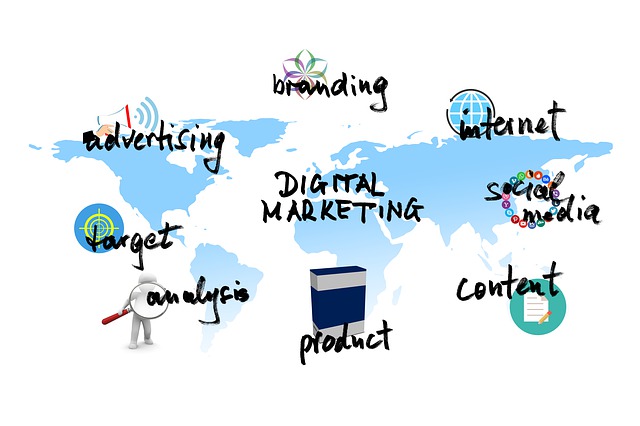
Digital marketing has come a long way over the past few years. With advancements in technology, marketers have access to an array of tools and techniques to reach their target audience. However, as we move into 2023, the world of digital marketing is set to change yet again. In this blog post, we will explore the future of digital marketing and the trends that businesses need to watch.
- Artificial Intelligence (AI)- Artificial Intelligence (AI) is set to transform the way businesses approach digital marketing. AI-powered chatbots, for example, can handle customer inquiries 24/7 and provide personalized responses to each customer. In addition, AI can be used to analyze customer data, predict behavior, and personalize marketing messages, resulting in a more effective and efficient marketing strategy.
- Voice Search- Voice search is becoming increasingly popular as more people use smart speakers like Amazon Alexa and Google Home. By 2023, it’s estimated that 55% of households will have a smart speaker. This means that businesses will need to optimize their content for voice search to ensure they appear in voice search results. This includes using conversational language, answering common questions, and focusing on long-tail keywords.
- Personalization- Customers expect a personalized experience when interacting with brands. By 2023, personalization will become even more critical, as businesses seek to build stronger relationships with their customers. This includes personalized product recommendations, targeted advertising, and customized content.
- Video Marketing- Video marketing has been on the rise for several years, but it’s set to become even more popular in 2023. Video content is engaging, easy to consume, and can be shared across multiple platforms. By incorporating video into their marketing strategy, businesses can increase brand awareness, drive traffic, and generate leads.
- Augmented Reality (AR)- Augmented Reality (AR) is set to transform the way customers interact with products. By using AR, businesses can create immersive experiences that allow customers to visualize products in real-time. This technology can be used in industries such as fashion, home decor, and automotive, where customers can try on clothes, see how furniture looks in their home, or even test drive a car.
- Social Commerce- Social media platforms like Instagram and Facebook are becoming more than just places to connect with friends and family. Social commerce is a growing trend that allows businesses to sell their products directly on social media. By incorporating social commerce into their marketing strategy, businesses can reach a wider audience, generate sales, and build brand awareness.
In conclusion, the future of digital marketing is bright, and businesses that want to stay ahead of the curve need to stay on top of the latest trends. By incorporating AI, voice search, personalization, video marketing, AR, and social commerce into their strategy, businesses can create a more effective and engaging marketing campaign that resonates with their target audience.










